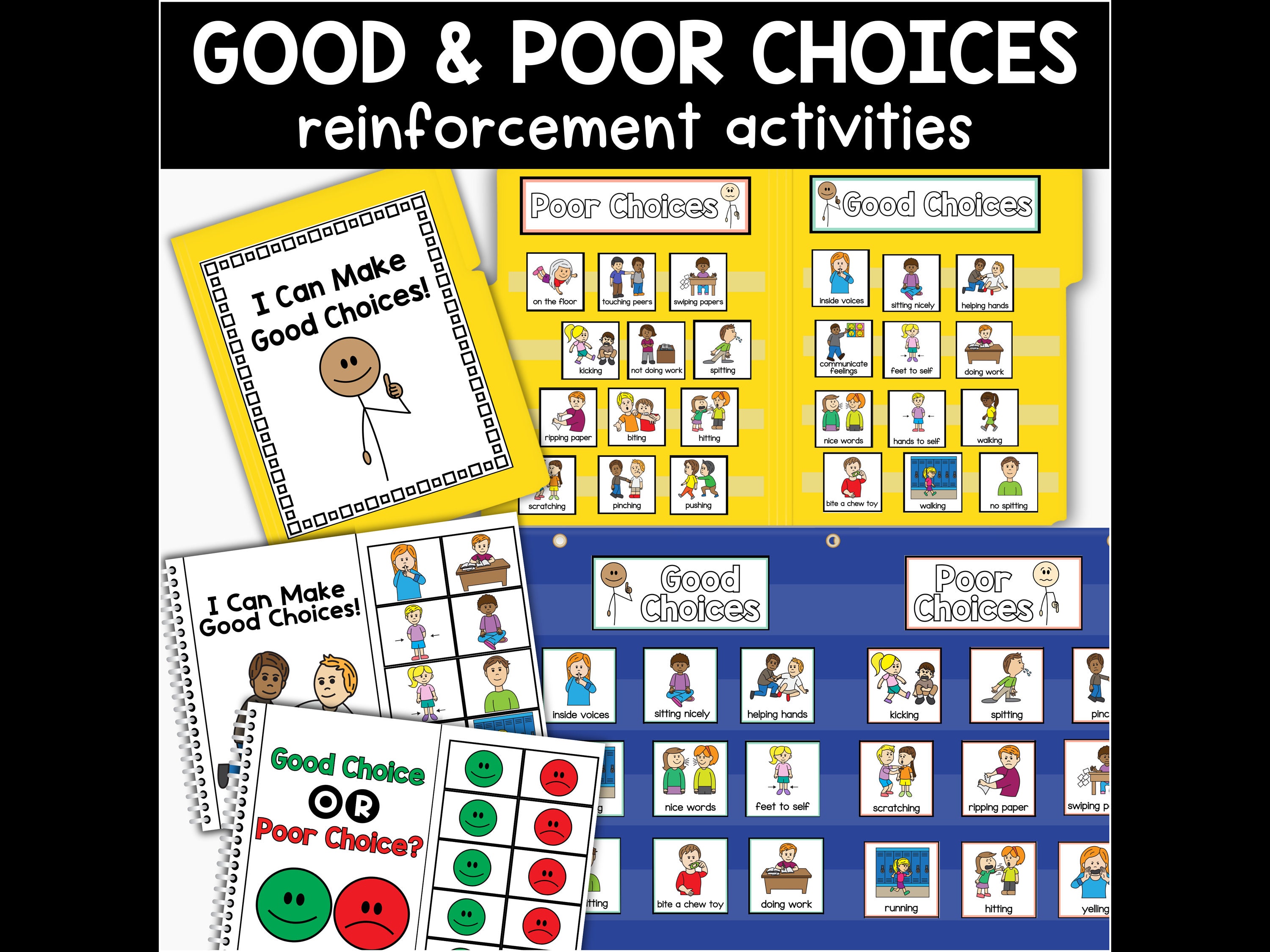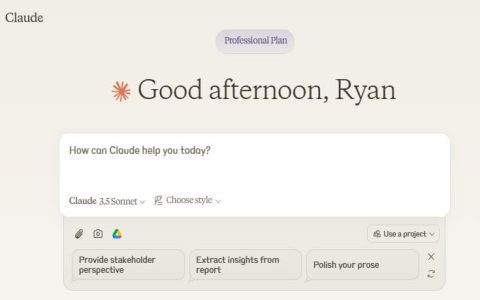Navigating Cognitive Traps
The perception of individuals as "poor fools" often arises not from a fundamental lack of intelligence, but from their susceptibility to common cognitive biases and flawed reasoning patterns. Understanding these pervasive traps is crucial for fostering more astute judgment and objective assessment in complex environments.
Prevalent Cognitive Vulnerabilities:
- Confirmation Bias: This is the ingrained tendency to preferentially seek, interpret, favor, and recall information that confirms or reinforces one's pre-existing beliefs or hypotheses. It systematically hinders objective evaluation and can lead to deeply entrenched, yet poorly supported, conclusions.
- The Dunning-Kruger Effect: A cognitive bias where individuals with low ability or knowledge in a specific domain significantly overestimate their competence. This lack of metacognitive awareness prevents them from recognizing their own deficiencies, often leading to ill-advised decisions and an inability to learn from errors.
- Availability Heuristic: This mental shortcut involves overestimating the likelihood or importance of events that are more easily recalled in memory. Events that are recent, vivid, or emotionally charged often dominate judgment, leading to skewed risk perception and irrational choices, irrespective of statistical reality.
- Sunk Cost Fallacy: An irrational commitment to continue an endeavor (e.g., investing resources, pursuing a strategy) based on previously expended, irrecoverable costs, rather than a rational assessment of future costs and benefits. This often leads to escalating commitment to failing courses of action.
These cognitive patterns are not indicative of inherent foolishness but represent universal aspects of human psychology. Cultivating self-awareness regarding these tendencies and actively employing strategies such as critical thinking, seeking diverse perspectives, and rigorous evidence evaluation are essential to mitigate their influence and avoid outcomes that might be deemed misguided.










